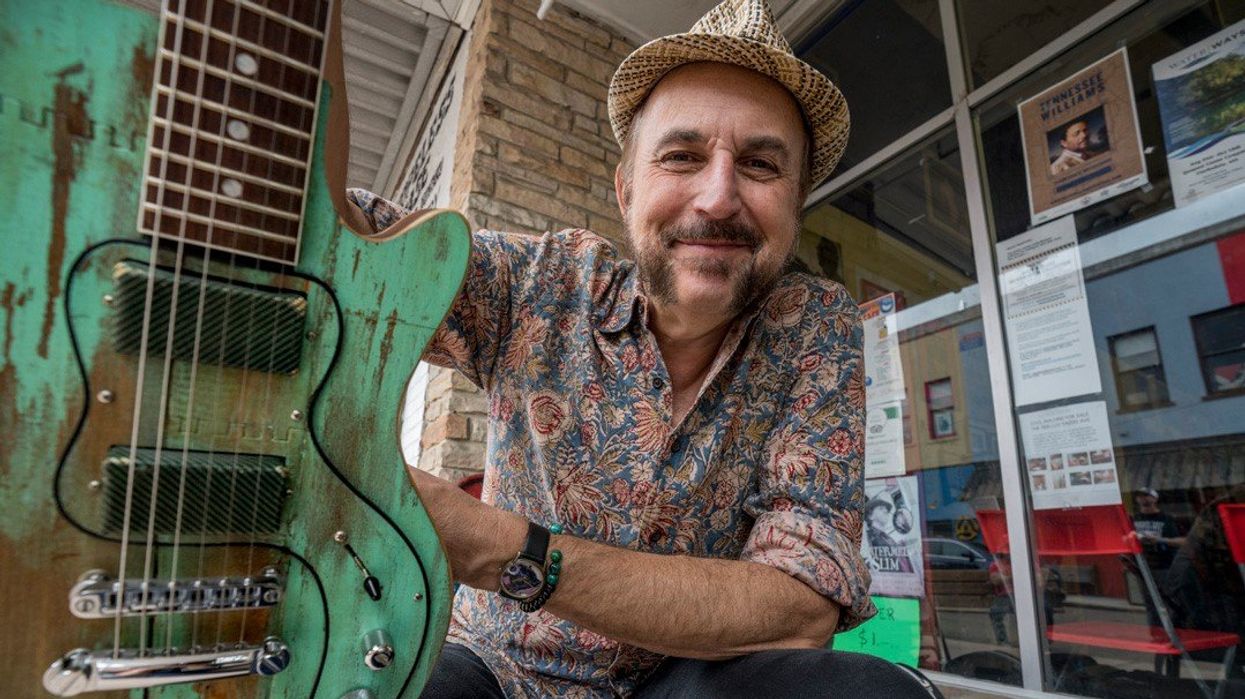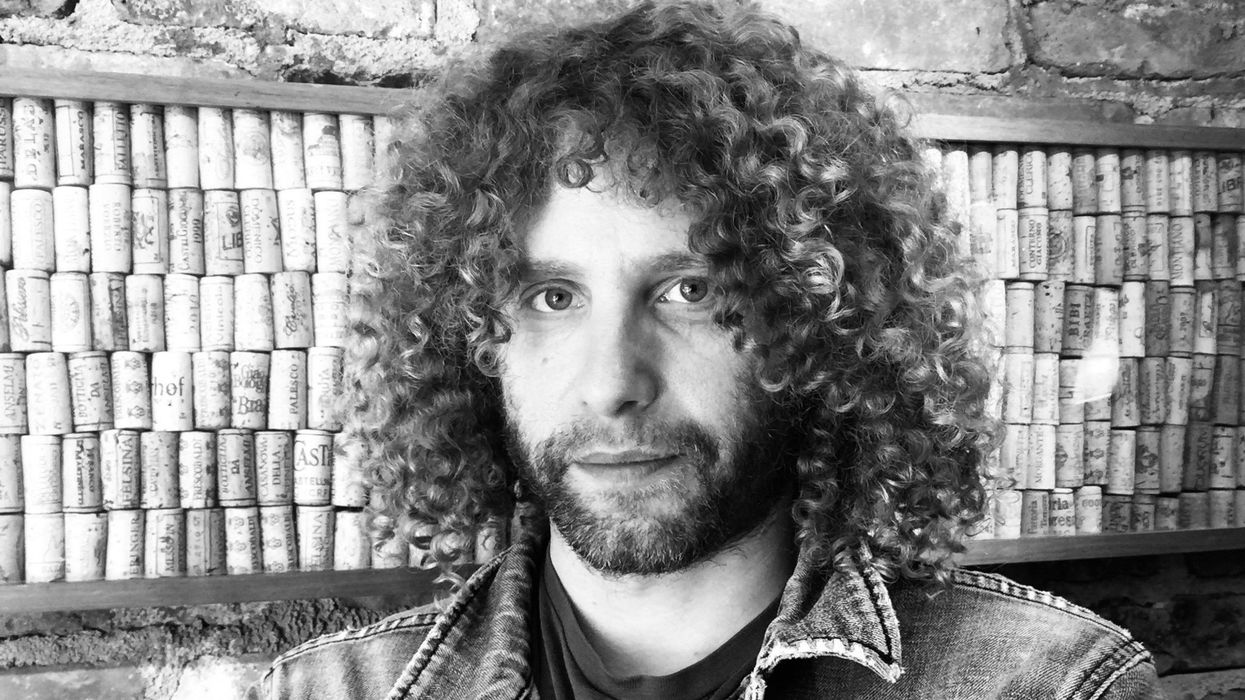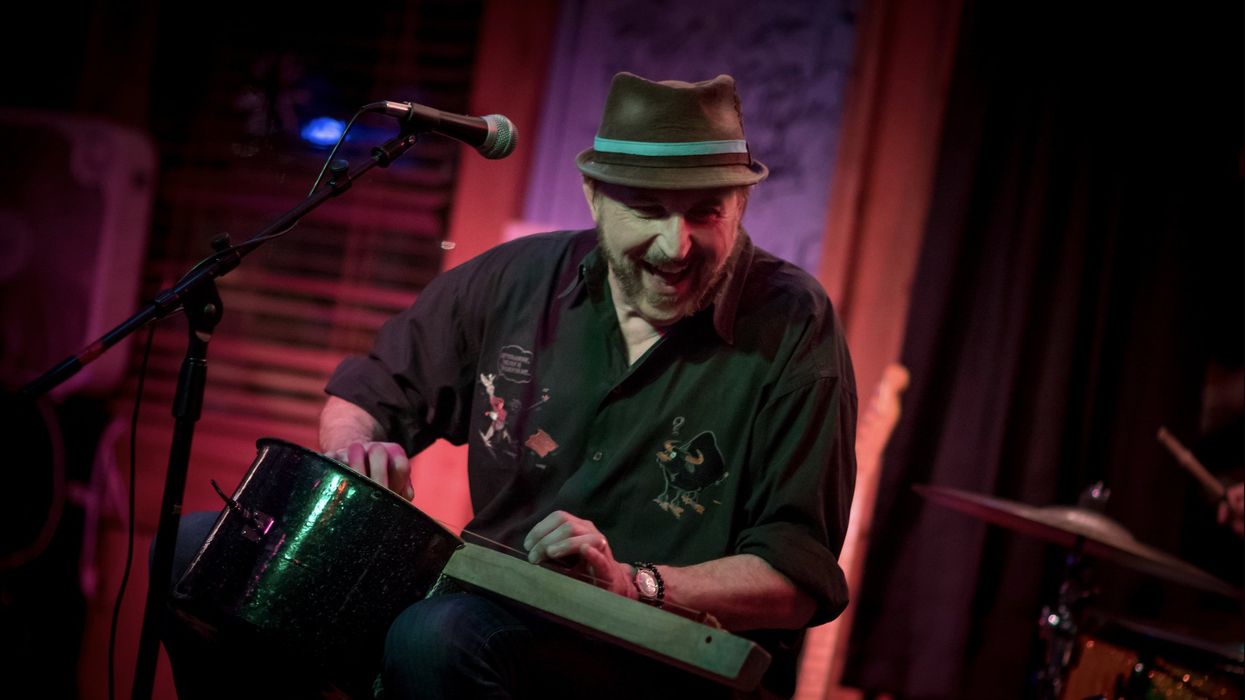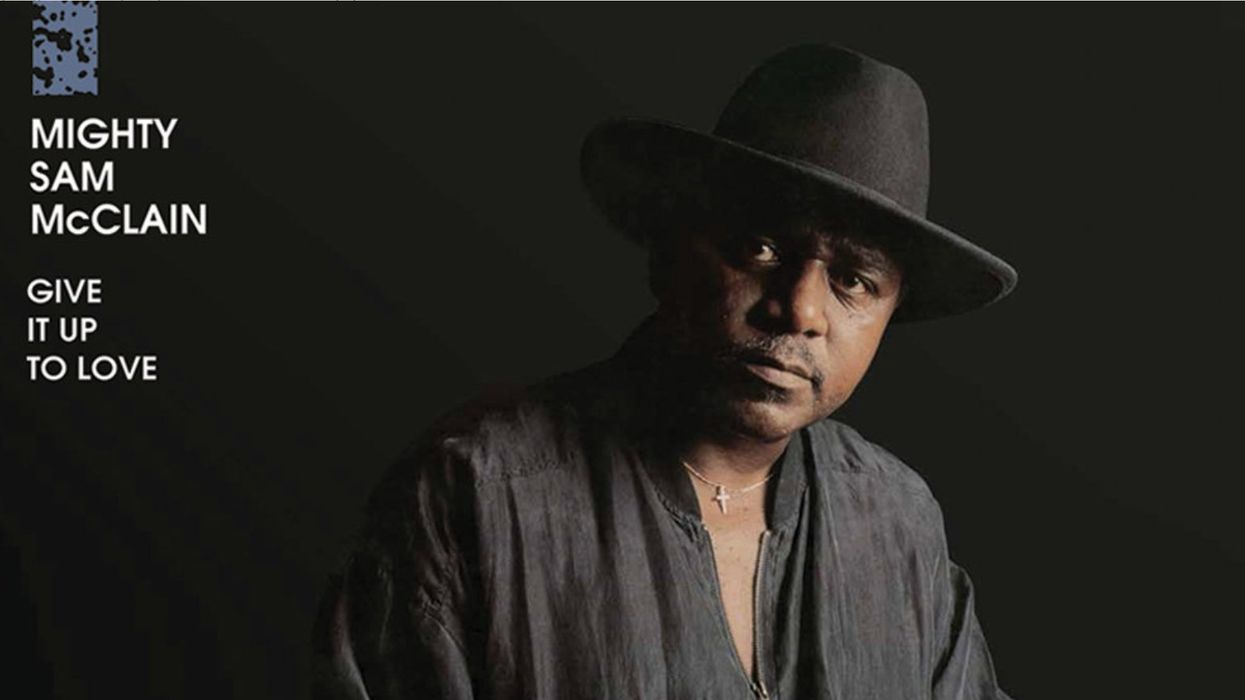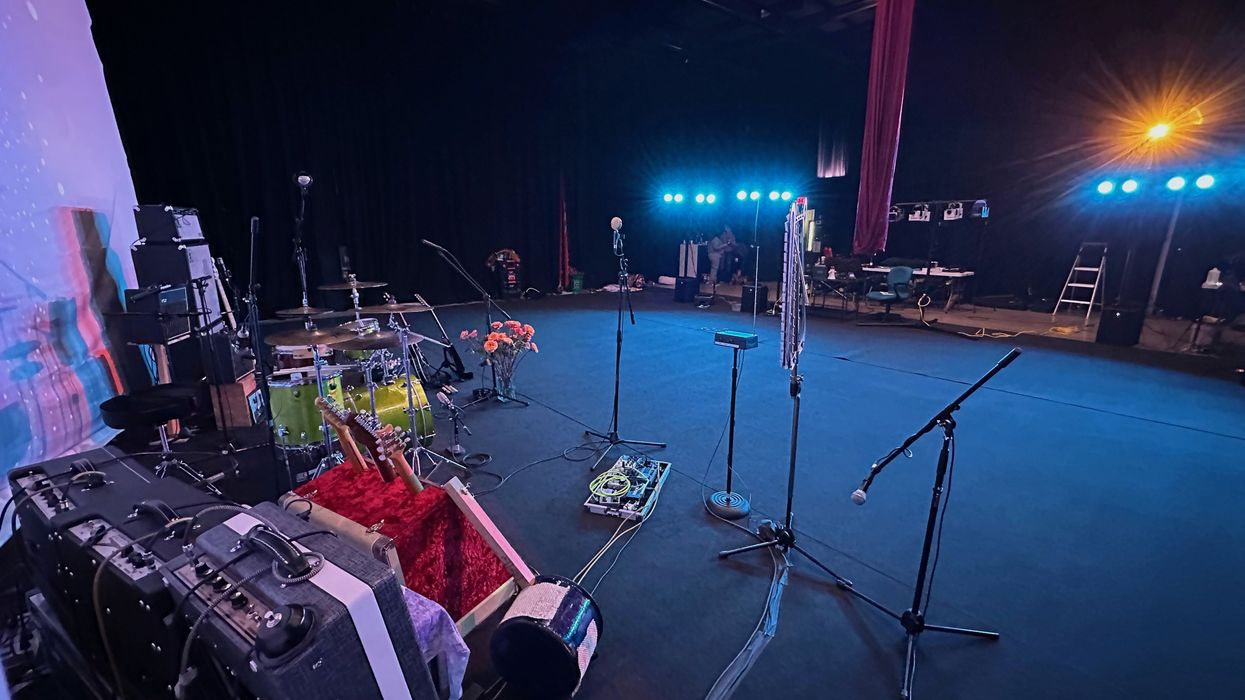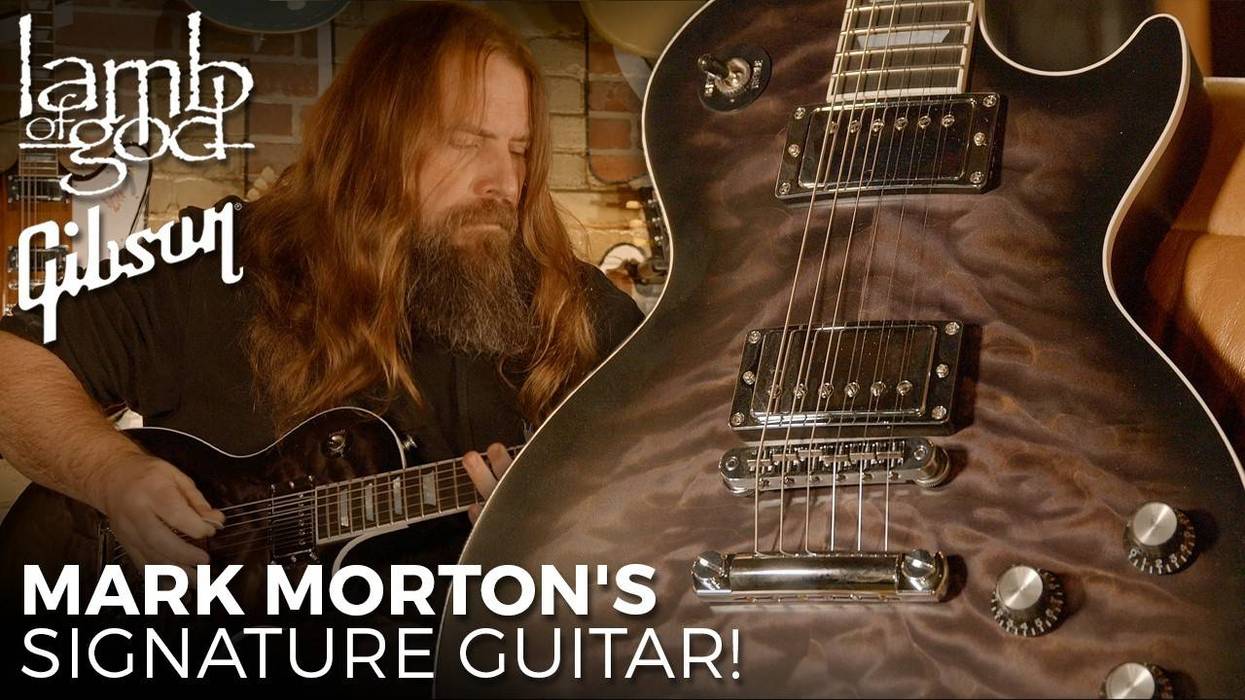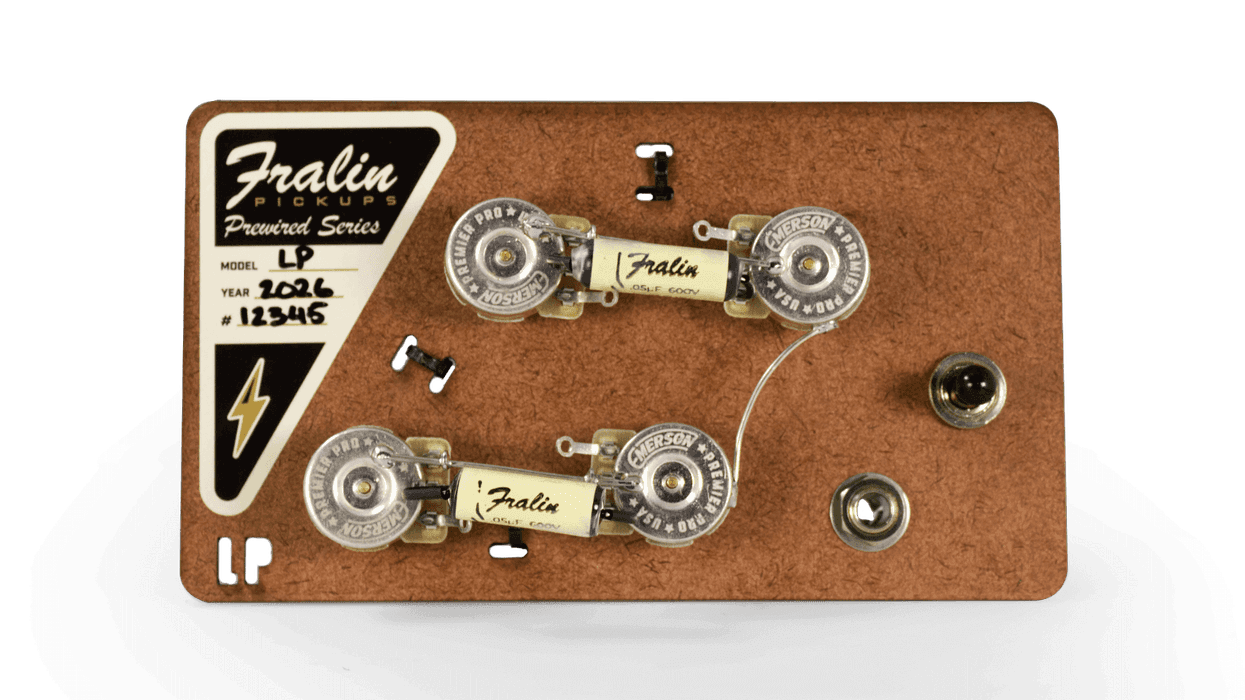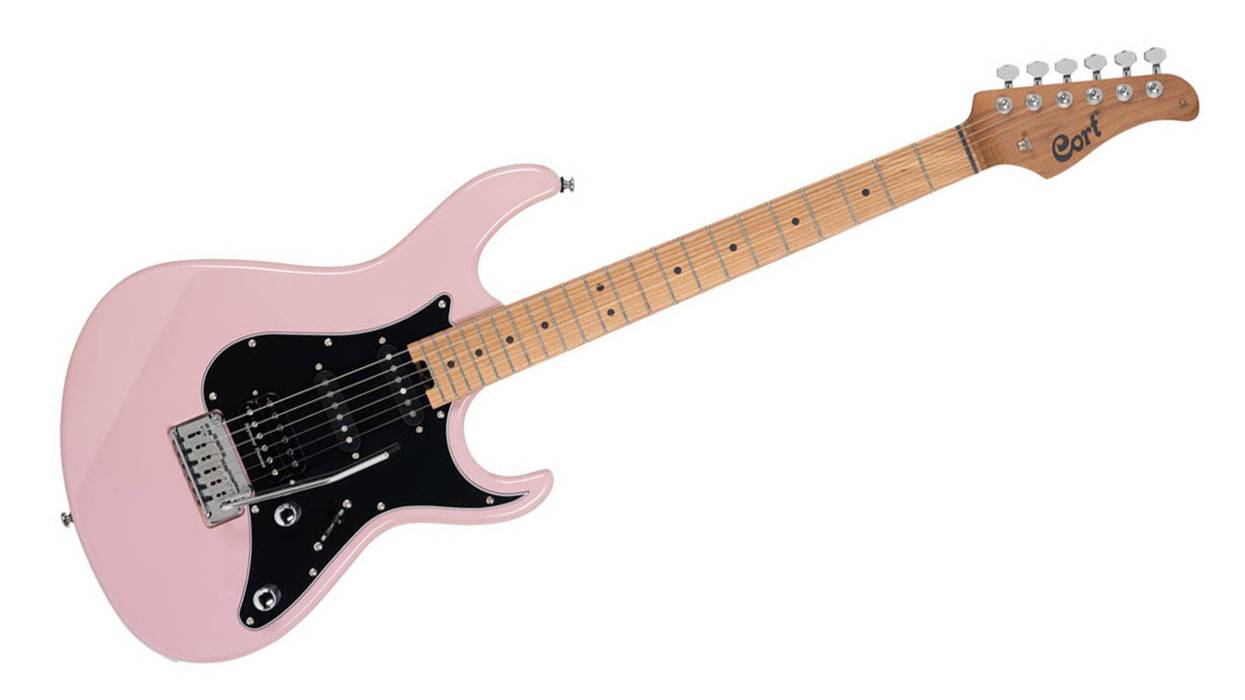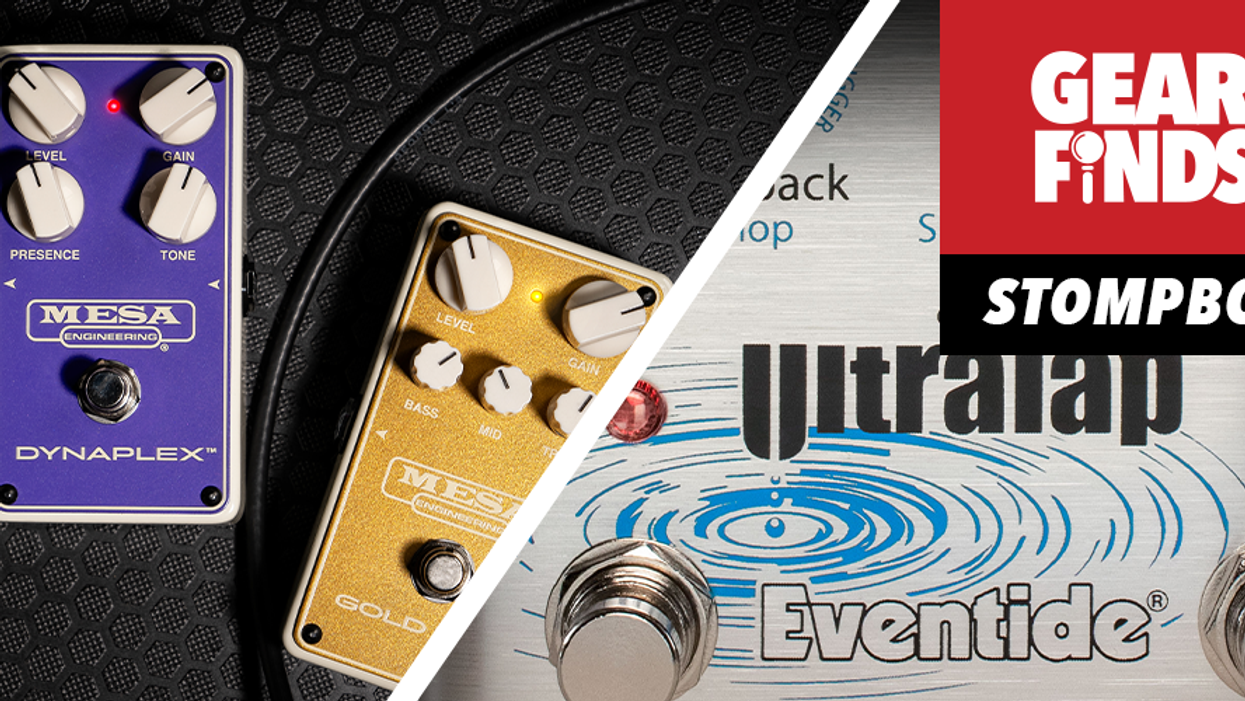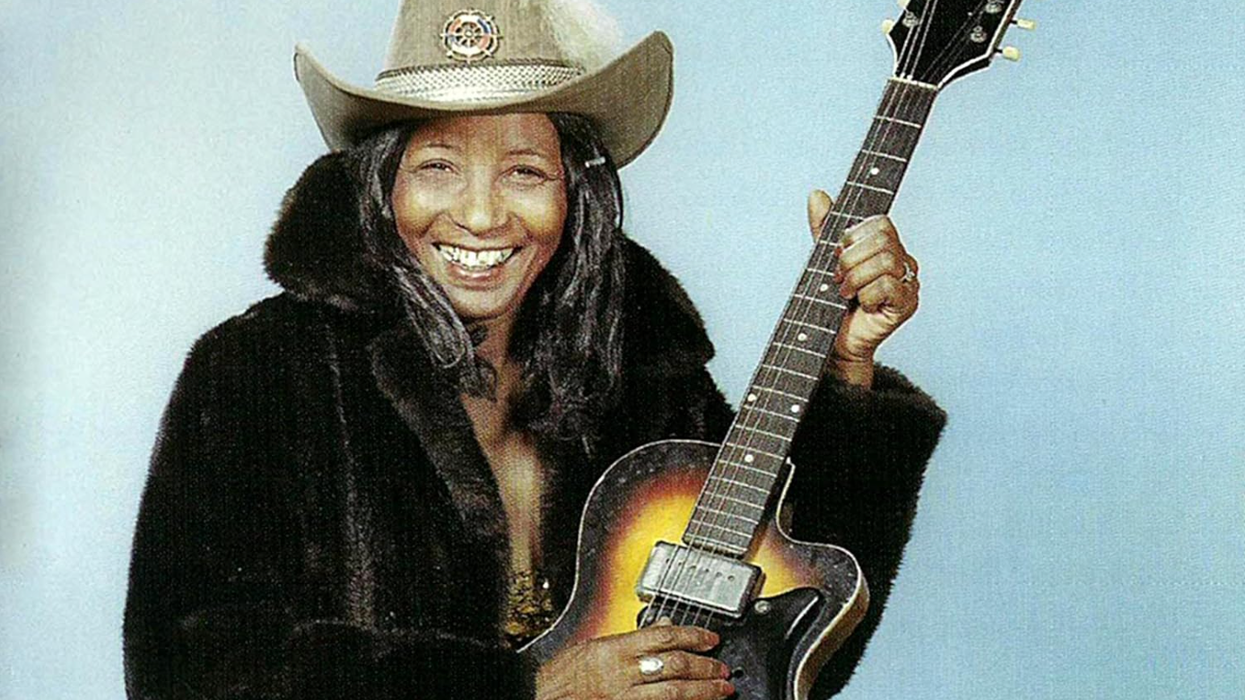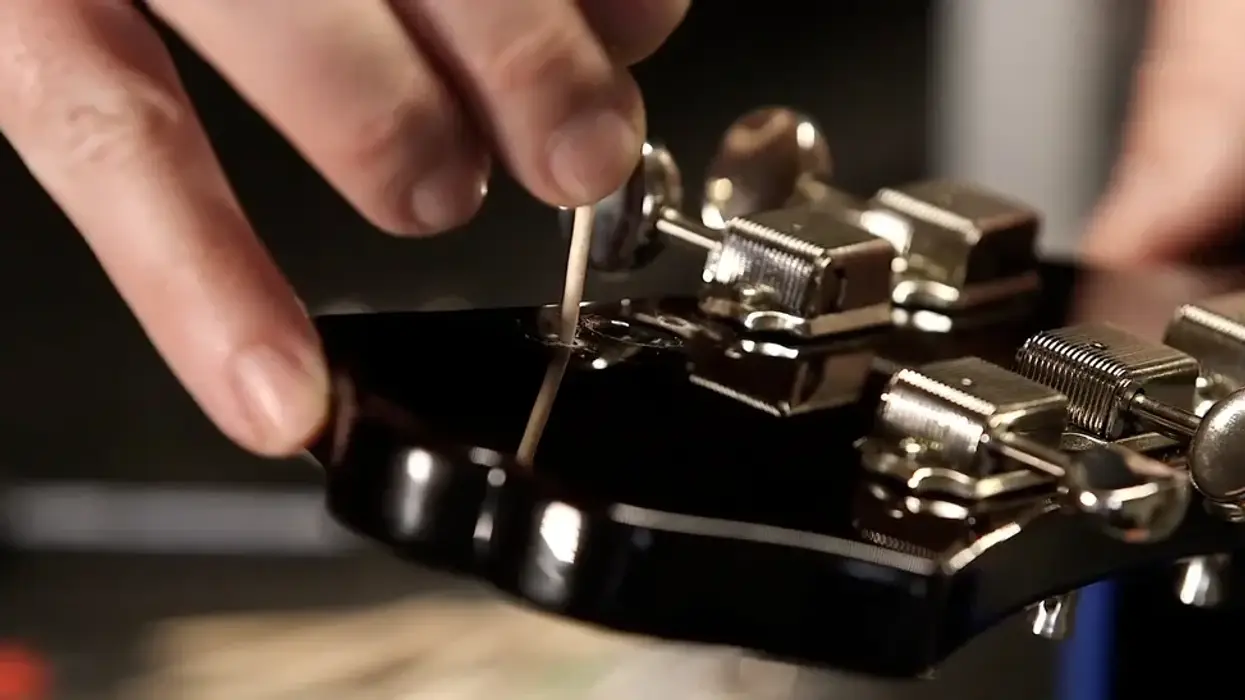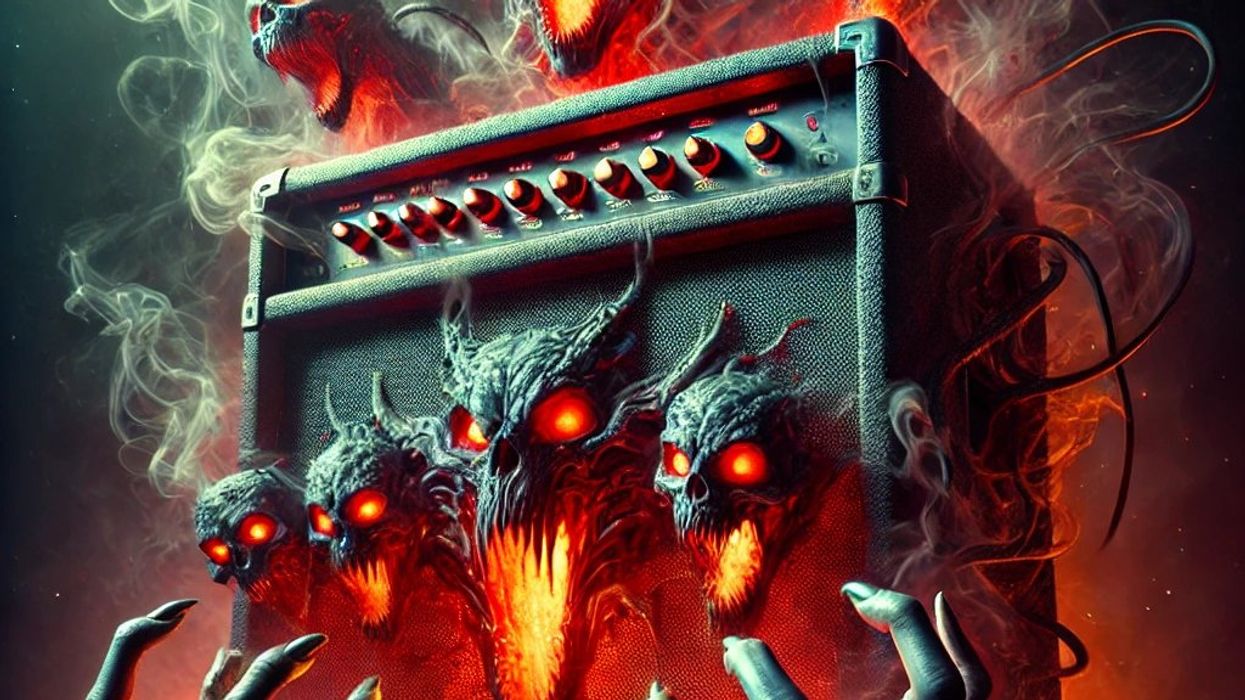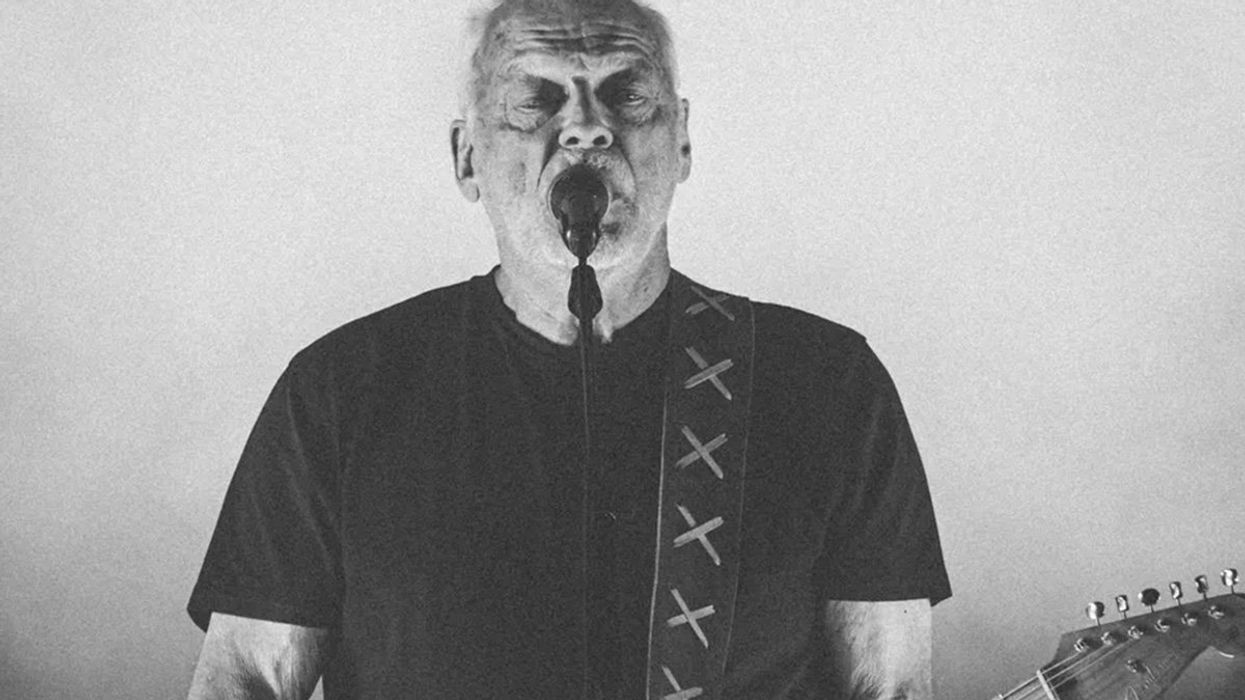An important part of my music education started when I began sneaking into clubs when I was 16. I was a tall kid, and usually had no trouble walking in. It’s not surprising these venues were lax about checking IDs, since back then more than a few tolerated weed-smoking and other shenanigans. But I was there for the music, where it was raw and unproven and just a few feet away, and I quickly learned you didn’t have to be on TV or play arenas to be great. Connecticut-area outfits from the Scratch Band (featuring a pre-fame G.E. Smith) to the Simms Brothers Band to Saucers became my new heroes.
In college, New York City was a short train ride away, and the first time I stumbled into the dark, beer-stinking cavern of CBGB, I felt that I had gone to both another planet and home. I also discovered it was more than a club. It was a community where originality was uncaged and embraced, where bands and bonds were formed, and where, clearly, some pretty wild stuff went down.
As I got older and started to play there and other indie venues, my appreciation for all of them grew. Sure, if you turned the corner behind the stage, to the stairs leading down to CB’s restrooms, you might see somebody sitting on the doorless men’s room’s toilet, or you might have to step over a dude on the way to the urinal. One night, onstage there, one of my newish $100 custom earplugs plopped out and fell into a grayish puddle. I immediately chose not to retrieve it. But every moment I was there, I knew I was somewhere important and that just being present, where so much great music ignited and was allowed to flourish, was a privilege.
“The first time I stumbled into the dark, beer-stinking cavern of CBGB, I felt that I had gone to both another planet and home.”
We are losing that privilege at an alarming rate. Urban upscaling, insurance costs, fallout from Covid, and scores of other reasons are costing us independent venues across the country. I recently read about the closing of Dobbs, formerly J.C. Dobbs, on Philly’s South Street, where Nirvana, Pearl Jam, Smashing Pumpkins, and more played while they were getting their wings. One night, when my band Vision Thing gigged there in the ’90s, we shared the dressing room with a “family” of self-proclaimed vampires—an experience both priceless and uncomfortable.
But my point is, independent music venues are the bloodstream of live rock, jazz, pop, improv, and many other styles. And if we do not support them, these unruly citadels of incubation and joy are going to go away. I have nothing against chain venues and larger corporate enterprises. Honestly, that’s not true. I dislike that big companies block rising-star artists from playing the indie venues that nourished them and control the concert business in ways that result in $1,000-and-up ticket prices. They don’t give a damn about the soul of music.
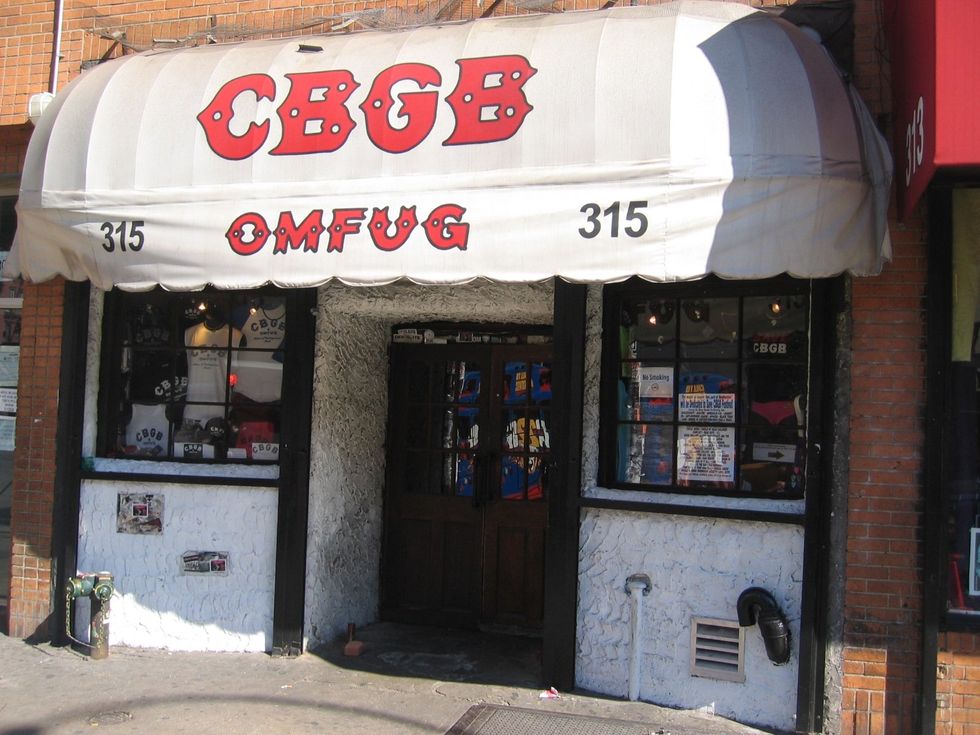
Photo courtesy of Adicarlo/English Wikipedia
But many indie venue owners do. They have to. They understand that emerging artists are their viscera, and that by nurturing these artists and their fans, they are also sustaining themselves. And many of the indie-room owners I’ve known were also willing to take the risks inherent in providing a proving ground for unproven talent because they actually believe in supporting the art and evolution of music-making. But unlike corporate-owned venues, they do so at more risk, handling all the costs and complexities of running their rooms on their own.
Here in Nashville, we’ve lost great indie venues in recent years, including Douglas Corner, after 33 years of shows, and, in 2022, the 20-year-old Mercy Lounge/High Watt/Cannery Ballroom complex, but we are lucky to still have wonderful examples. Among the prominent are the 5 Spot, the Bluebird Cafe, the Station Inn, Dee’s Country Cocktail Lounge, Eastside Bowl, the Basement and Basement East, DRKMTTR, the Underdog, Rudy’s Jazz Room, 3rd & Lindsley, and Springwater. And each is the nucleus of a creative community.
We need to begin looking at indie venues as the sacred places they are—where magic can be made, and, on the flip side, even a terrible band can get the occasional gig, because they’re part of the community, too. And we need to sustain them. Because if these places disappear, we lose all of the good things they provide.
So, even if you’re not the biggest fan of what’s on the musical menu, I’m asking you as a friend and fellow music lover to support your local indie venue. It’s worth stopping by for the occasional beer to help keep these businesses alive. Netflix and your couch will be there—at least for a while. Indie venues might not, and every time a place like CBGB, J.C. Dobbs, or the Mercy Lounge closes, another door shuts on both musical opportunities and history. And we need to keep those doors open.


